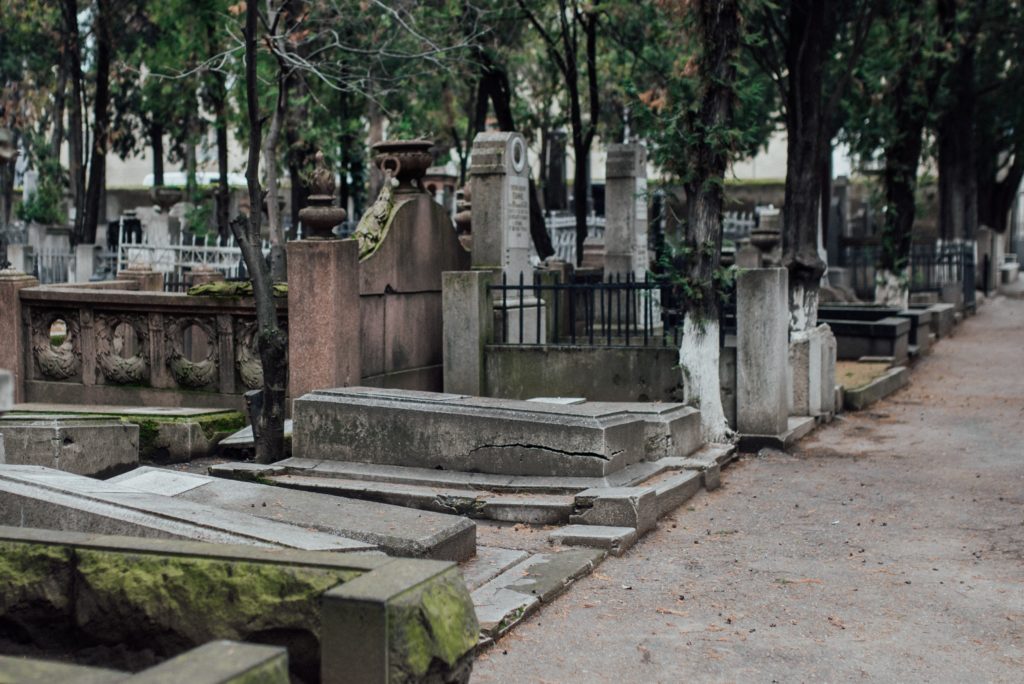No products in the cart.
You’ll need to get death certificates to submit to some authorities to close accounts or collect benefits when a loved one passes away. However, how many death certificates do you need to order? You’ll learn about the purpose of death certificates, common uses, how to get them, and how many you should order in the sections below.
What is a death certificate?
A death certificate is a legally binding document that details the date, time, place, and cause of death. Churches used to make and keep certificates until 1910 when the law required uniform records.
Death certificates are used to track changes in society and mortality patterns, in addition to confirming the cause of death. A medical practitioner (doctor, hospice nurse, medical examiner, coroner, etc.) as well as a funeral director, licensed burial agent, or someone acting as such must prepare death certificates (i.e. family member). The medical professional answers questions about the reason and manner of death, if an autopsy was done, whether tobacco usage had a role in the death, and so on. The following information regarding the dead will be required by the funeral director, agent, or person acting in that capacity:
- Full name
- Social security number
- Date of birth
- Place of birth
- Address at the time of death
- Marital status
- Surviving spouse’s name
- Whether they served in the armed forces
- Father and mother’s name (maiden included)
- Place of death
- Highest level of education
- Race
- Usual occupation and industry/business
For the filing of death certificates, several states are migrating to Electronic Death Registration Systems or EDRS. Death certificates are submitted with the registrar and the county health department in other places. Deaths must be reported to the local health department within 72 hours of death and to the state within five to seven days, depending on the state.
Why is it necessary for me to obtain death certificates?
To cancel accounts, receive benefits, and submit taxes, death certificates are required. An official certificate is required for legal proceedings, whereas other institutions merely require a copy. Check out the examples below to see when you’ll need an original death certificate and when a copy would suffice.
In most cases, a copy is required:
- Social security
- Banks
- Credit cards
- Utilities and phone companies
Almost certainly necessitates the use of an original:
- Pensions
- Military benefits
- Property transfer (real estate, vehicles, etc.)
- Insurance
- 401Ks and stocks (Only one copy is required if the account is maintained by a stockbroker.)
- Selling an estate
- Property claims
- Closing a business
- Future marriages
I’m looking for a death certificate, but I’m not sure where I may acquire one.
It is easier to order them through the funeral director if you are utilizing a funeral home. You can receive them through the county or state vital records office if you need to request them yourself.
To locate the state vital records office, go to this page and choose the appropriate state.
Who is eligible to obtain a certified copy of a death certificate?
Only close family members, executors, and those who can establish a direct financial stake in the estate are eligible for certified copies. Anyone who wants informational copies will usually receive them.
What is the optimal number of death certificates to order?
Consider the number of various organizations that would require one, such as each bank, investment firm, and each item to be transferred, such as a house or a boat.
A person with moderate finances may only require three, but a wealthy individual may want ten or more.
What is the average price of a death certificate?
The state or county determines the cost of death certificates. The initial copy of a death certificate is usually more expensive than subsequent copies. The first certified copy should cost between $10 and $25. The cost of a death certificate may be determined by contacting your local registrar or funeral director.
You can pay for copies with a credit card or a check, but not with cash, whether you go to your local county or municipal registrar’s office or purchase them online.
Tip: Keep your receipts since death certificate expenses can sometimes be repaid from the estate if the executor agrees.


